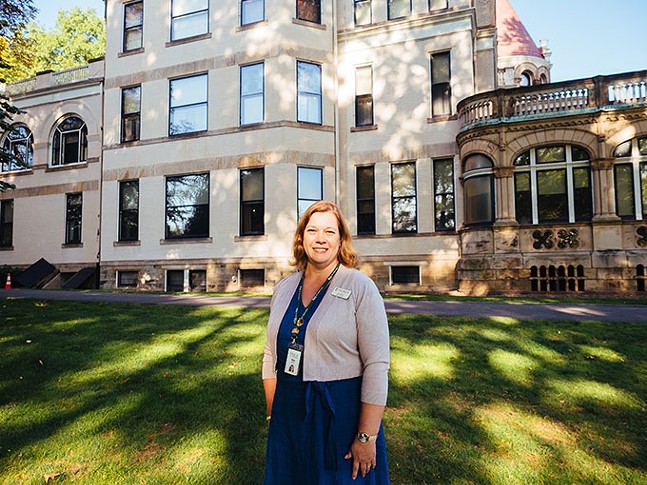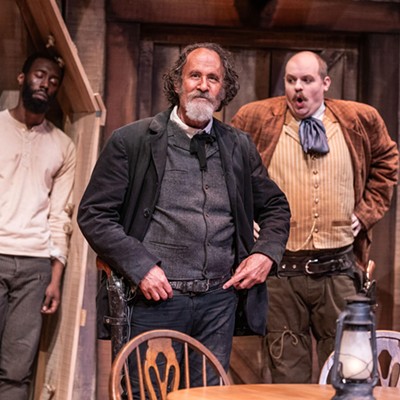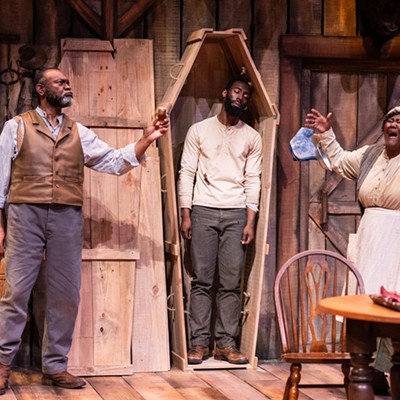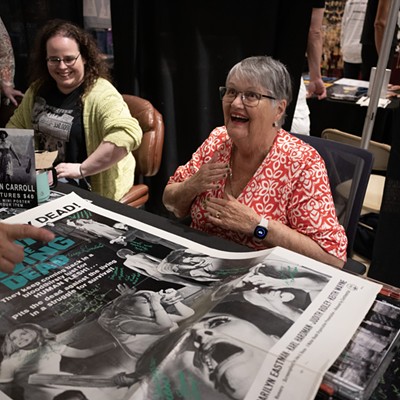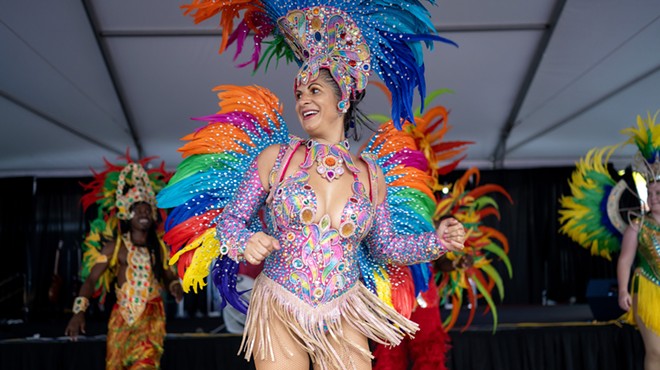Name: Sue Morris, McCandless
Work: Docent, The Frick Pittsburgh
What is a docent?
In this context, someone who gives tours of the Clayton Mansion, the home of the Frick family from 1883 to roughly 1905.
How did you become one?
I was doing family genealogy and needed to learn more about the context. That led me in to more about Pittsburgh. I started my blog, Historical Dilettante, writing about Pittsburgh history, out of researching the Monongahela House Hotel. I saw an ad looking for docents and thought, “This is great, because talking, writing about history is one thing, but to have architectural witness to ground stories is something else entirely.”
Was there a lot to learn?
Basically a 101 course in Pittsburgh history, Gilded Age history, Frick family history. It took four months. I wasn’t expecting it to be that intense but in retrospect, it was wonderful.
Do you continue to self-educate?
Absolutely. I don’t know how you could do it without continuing to learn more.
And there’s a lot in the house to know about.
Material culture manifested in the objects we surround ourselves with is very much part of what we talk about. What we choose to surround ourselves with reflects our priorities; it reflects what’s available. When you look at the stuff the Fricks acquired, they had the best of the best. But today, people can [find] lovely china — pretty little objects decorating their homes. I often think how far we’ve come in the last hundred years, when they were living a life that was very rarified. They still would be, but the rest of us have kind of caught up. We can go to Ikea.
Do you go beyond the house and objects and get into who Frick was?
I wouldn’t be doing them justice without talking about how they made their money. We talk about the Homestead Strike, the disparity between them and the rest of Pittsburgh. Labor was the bottom line and that is something you can’t ever lose sight of. And the labor of my ancestors and your ancestors allows that mansion to be there. So you try to bring that home and you’ve got to do it using the house. This beautiful bathroom contains the first standing shower in Pittsburgh; meanwhile, the steelworkers are taking showers in tin tubs.
Favorite part?
Surprising people. In a very basic way, it happens when you take people in the house and they’re like, “Wow!” Because it is a beautiful house. Built in 1870, they moved [into the house] in 1883, then remodeled it [in 1891] to the state we’re showing it in. People are taken back in time to that period, and it’s impressive and neat to see the joy that it brings.
On a more complex level, I love when I can see that I have filled the guests up with information, things to think about. I’m telling stories in every room and people are taking a lot away. That’s very gratifying. I’m grateful to have that opportunity because when I write, I’m talking into the void. I might get likes or comments, I see the metrics and the hits, but it’s that kind of feedback, the interaction around history that is my favorite.
What’s your favorite moment?
It’s a museum. You know not to touch the china, glassware. People aren’t going to do that. But it seems irresistible for people to caress the walls.
Why?
It’s a moment of connection. As a historian, I don’t want people to touch the museum but at the same time, I feel like by telling the stories, I’m bringing them into connection with some part of the past.

